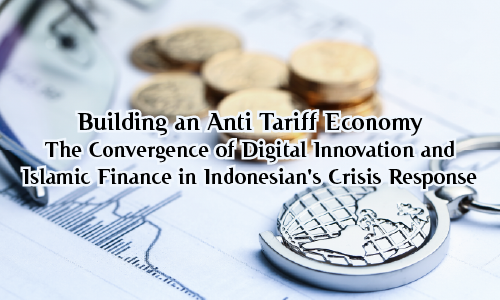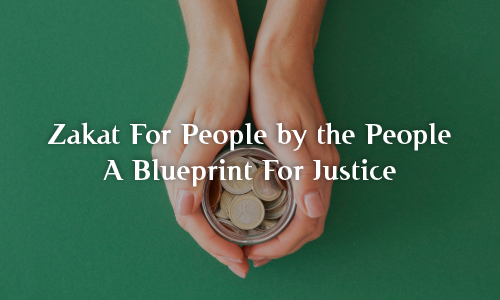
Summary: The palm oil controversy in Indonesia exemplifies systemic deficiencies in regulatory oversight, unethical commercial practices, and institutional misalignment between the Ministry of Trade and the Ministry of Agriculture. Although "Minyakita" Palm oil was introduced as a policy intervention to stabilize cooking oil prices, subsequent investigations uncovered fraudulent distribution practices, including discrepancies in product volume and non-compliance with pricing regulations, thereby compromising consumer rights and distorting market equilibrium. From the perspective of Islamic business ethics, such deceptive practices are unequivocally condemned, as they contravene the principles of justice (‘adl), transparency (ṣarāḥah), and honesty (ṣidq), which are integral to ethical commerce. The Quran explicitly prohibits fraudulent measurement practices, underscoring the imperative for integrity in trade. Addressing these regulatory and ethical violations necessitates a more integrated governance framework, stringent enforcement of consumer protection legislation, and adherence to ethical business standards derived from both conventional and Islamic economic principles. Strengthening institutional oversight, enhancing corporate accountability, and fostering inter-agency collaboration are essential measures to promote a fair, transparent, and sustainable market system.
The phenomenon of product quantity reduction
The phenomenon of product quantity reduction in commercial transactions represents a critical challenge in consumer protection and market regulation. This issue is particularly evident in the case of Minyakita, a government-endorsed cooking oil brand in Indonesia, which was introduced to stabilize supply and ensure affordability. However, discrepancies in product quantity have raised serious ethical and legal concerns. Such practices not only undermine consumer rights by delivering less than the stated amount but also contravene essential principles of fair trade and transparency. From the perspective of Islamic business ethics, this form of commercial malpractice is considered a violation of justice (‘adl) and honesty (ṣidq), both of which are foundational elements of ethical business conduct. The implications extend beyond economic losses for consumers, as they also erode trust in market institutions and regulatory frameworks. Consequently, addressing this issue requires a multifaceted approach involving stricter enforcement of consumer protection laws, enhanced corporate accountability, and…

















